
Jebel Dukhan: The Peak of Bahrain's Natural Beauty
Jebel Dukhan, known as the Mountain of Smoke, is Bahrain's highest point, standing majestically at 134 meters. This natural wonder offers breathtaking panoramic views of the island and is a must-visit for any traveler seeking a unique perspective of Bahrain's landscape. The mountain gets its name from the haze that often surrounds its peak, giving it a mystical and enchanting appearance. The area around Jebel Dukhan is rich in history and natural beauty. It's a great spot for hiking and exploring the rugged terrain. Visitors can also discover ancient caves and rock formations that tell stories of Bahrain's past. The serene environment makes it an ideal place for a peaceful retreat away from the bustling city life. Jebel Dukhan is not only a destination for nature lovers but also for those interested in Bahrain's cultural heritage. The mountain is located near several historical sites, including ancient burial mounds and archaeological remains that date back thousands of years. A visit to Jebel Dukhan offers a perfect blend of adventure, nature, and history, making it a memorable experience for all.
Local tips in Jebel Dukhan
- Visit early in the morning or late afternoon to avoid the midday heat and enjoy the best views.
- Wear sturdy shoes as the terrain can be rocky and uneven.
- Bring plenty of water and some snacks, as there are no facilities on the mountain.
- Don’t forget your camera to capture the breathtaking views and unique rock formations.
- Check local weather reports before your visit, as the haze can sometimes obscure the views.
Jebel Dukhan: The Peak of Bahrain's Natural Beauty
Jebel Dukhan, known as the Mountain of Smoke, is Bahrain's highest point, standing majestically at 134 meters. This natural wonder offers breathtaking panoramic views of the island and is a must-visit for any traveler seeking a unique perspective of Bahrain's landscape. The mountain gets its name from the haze that often surrounds its peak, giving it a mystical and enchanting appearance. The area around Jebel Dukhan is rich in history and natural beauty. It's a great spot for hiking and exploring the rugged terrain. Visitors can also discover ancient caves and rock formations that tell stories of Bahrain's past. The serene environment makes it an ideal place for a peaceful retreat away from the bustling city life. Jebel Dukhan is not only a destination for nature lovers but also for those interested in Bahrain's cultural heritage. The mountain is located near several historical sites, including ancient burial mounds and archaeological remains that date back thousands of years. A visit to Jebel Dukhan offers a perfect blend of adventure, nature, and history, making it a memorable experience for all.
When is the best time to go to Jebel Dukhan?
Iconic landmarks you can’t miss
Dohat Arad Park
Escape to a serene oasis in Muharraq at Dohat Arad Park, offering lush greenery, scenic walking paths, and a tranquil lagoon for relaxation.
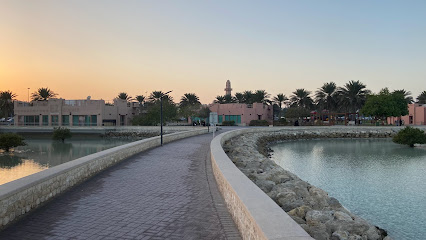
Bahrain Fort
Explore Bahrain Fort: A UNESCO site revealing 4,500 years of history, from the Dilmun civilization to Portuguese rule.
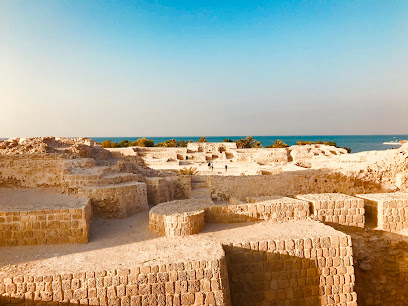
Sheikh Salman bin Ahmed Fort
Explore Sheikh Salman bin Ahmed Fort in Riffa, Bahrain, a historic landmark offering insights into Bahrain's rich cultural heritage and the Al Khalifa dynasty.
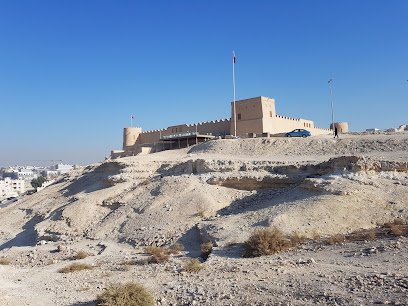
Juffair Beach
Experience urban relaxation at Juffair Beach in Manama, Bahrain: sun, sea, and city vibes blend for a perfect coastal escape.
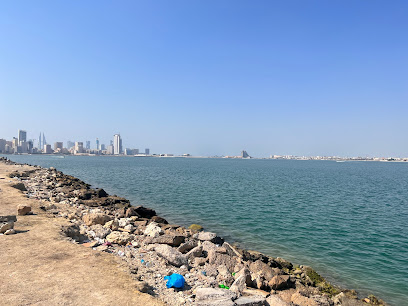
Qala't Bu Mahir
Explore Qala't Bu Mahir, the historic gateway to Bahrain's pearling past, offering panoramic views and a glimpse into the island's heritage.
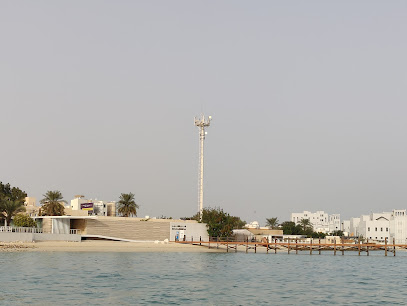
Dragon Rocks
Discover the mystical allure of Dragon Rocks, a natural wonder in Bahrain's desert, perfect for adventure and stunning photography.
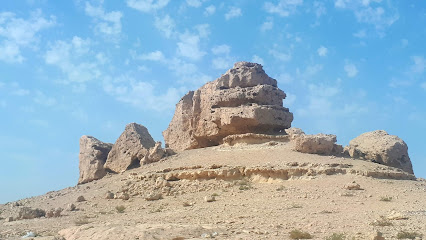
Jabal ad Dukhan
Discover Bahrain's highest point, offering panoramic desert views, ancient history, and a tranquil escape into the island's natural beauty.
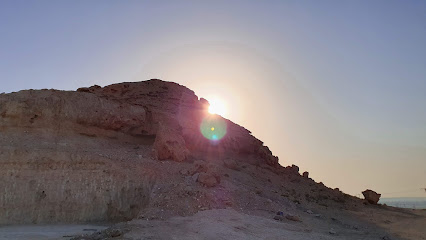
Bin Matar House
Explore Bahrain's pearling history at Bin Matar House, a beautifully restored heritage site and cultural center in historic Muharraq.
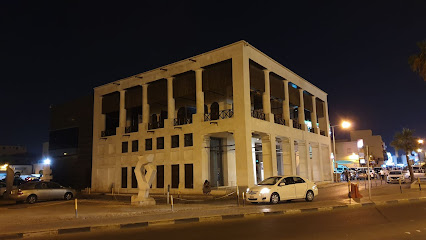
Sheikh Ahmed bin Ali Al Khalifa Historical Palace
Discover Bahrain's royal heritage at the Sheikh Ahmed bin Ali Al Khalifa Historical Palace, a journey into the kingdom's past and cultural traditions.
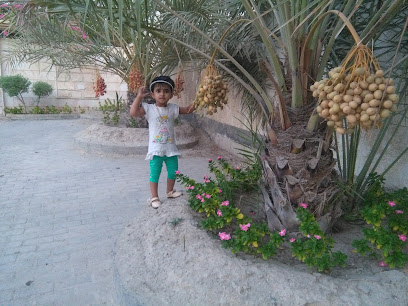
Sail Monument
An iconic Manama landmark embodying Bahrain's maritime history, pearl diving heritage, and enduring connection to the Arabian Gulf.
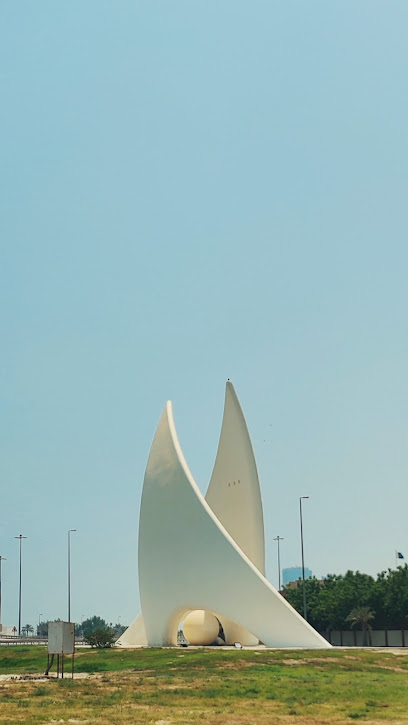
Archaeologies of Green Pavilion
Discover Bahrain's agricultural roots at this unique Muharraq botanical garden, blending nature, history, and culture in a tranquil setting.
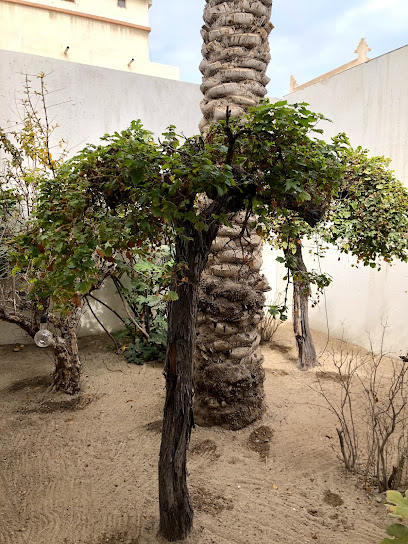
Sar Burial Complex
Explore the ancient Sar Burial Complex in Bahrain, a window into the Dilmun civilization's rich history and unique burial customs dating back 4000 years.
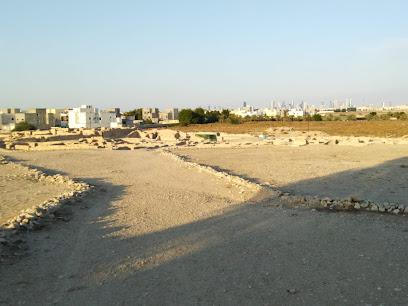
Fresh Water Springs in the Middle of the Sea
Experience the enchanting Fresh Water Springs near Bahrain Fort, a unique natural wonder blending history and tranquility in Bahrain's landscape.
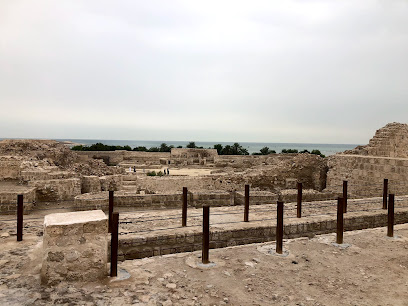
Pearling Pathway Visitor Center 1- BuMaher Fort
Discover Bahrain's pearling legacy at this UNESCO site, the starting point of the Pearling Path, offering history and panoramic views.
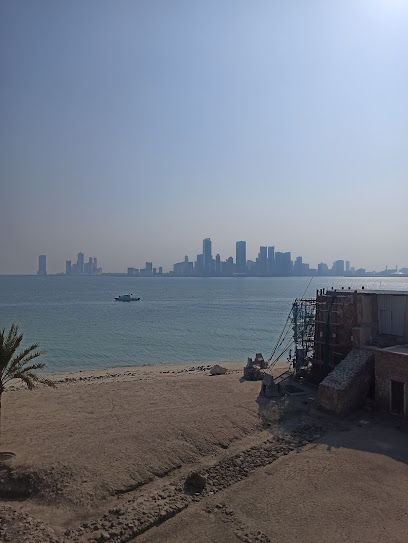
I love Manama Sign
Capture the spirit of Manama at the 'I Love Manama' sign, a vibrant landmark offering memorable photos and a taste of local culture.
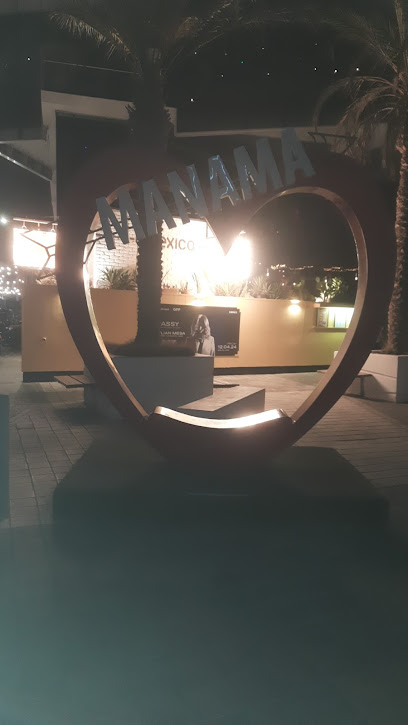
Unmissable attractions to see
The Lost Paradise of Dilmun Water Park
Experience thrilling rides and a journey into ancient history at Bahrain's largest water park, Lost Paradise of Dilmun. A unique aquatic adventure awaits!

Bahrain Bay
Experience modern Bahrain at Bahrain Bay: stunning architecture, vibrant waterfront, and panoramic views of the Arabian Gulf in the heart of Manama.
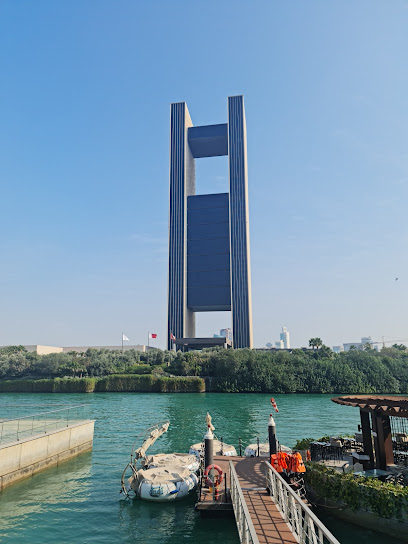
Arad Fort
Explore Arad Fort in Bahrain, a 15th-century Islamic fortress with a rich history and stunning sea views. A must-see cultural landmark!
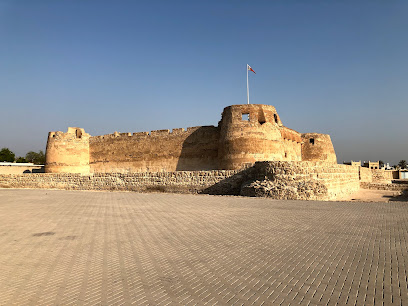
Al-Estiqlal Jogging Park
Enjoy a refreshing escape in Riffa at Al-Estiqlal Jogging Park, offering fitness, recreation, and community spirit in a green oasis.
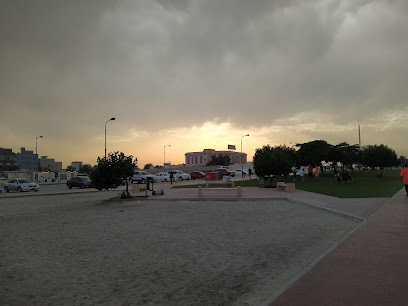
Jumpup Trampoline Park
Experience high-flying fun at Bahrain's first trampoline park in Tubli, perfect for families, friends, and thrill-seekers of all ages!
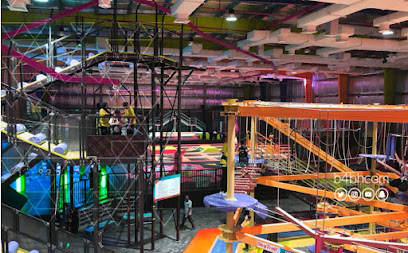
Princess Sabeeka Park
Discover Princess Sabeeka Park in Awali: A green escape with lush gardens, playgrounds, and a focus on sustainability and community.
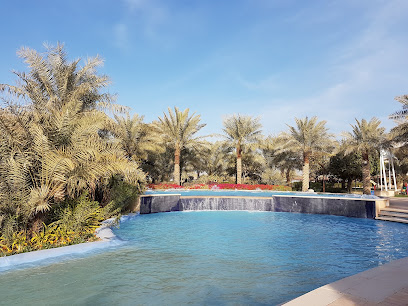
Jabal ad Dukhan
Explore Bahrain's highest point, Jabal ad Dukhan: panoramic views, ancient history, and a tranquil desert escape await. A must-see natural wonder!
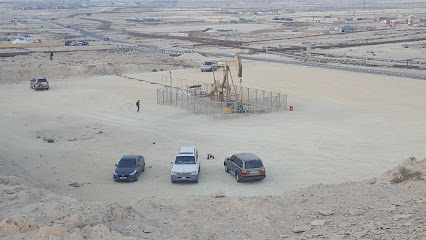
Pirate Land
Embark on a swashbuckling adventure at Pirate Land in Manama's Al Hayat Mall, a family-friendly amusement center with a vibrant nautical theme.
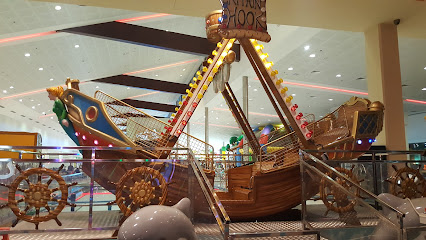
Camel Farm Zallaq
Discover Bahrain's heritage: meet majestic camels, learn Bedouin traditions, and enjoy the serene desert landscape at Camel Farm Zallaq.
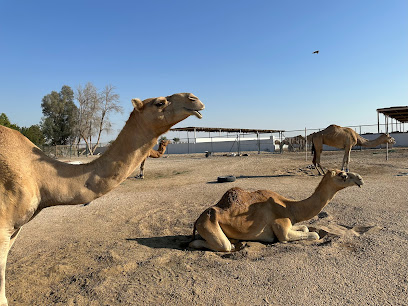
Mount Fozan
Explore Bahrain's highest point, Mount Fozan, for panoramic views, hiking trails, and a tranquil escape into the heart of the island's natural beauty.
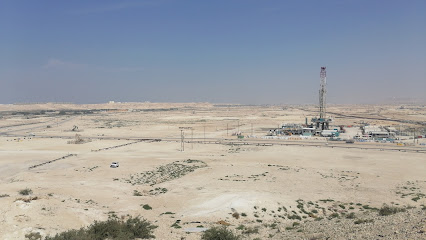
ساحل كرزكان
Escape to the serene shores of Karzakkan Beach in Bahrain for relaxation, stunning sunsets, and a taste of local culture.
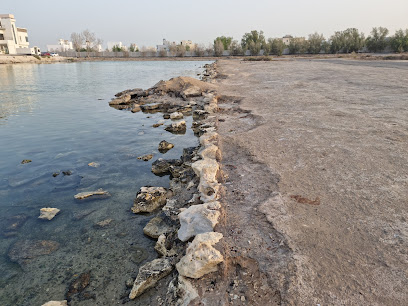
Sakhir Tower
Experience breathtaking panoramic views from Sakhir Tower, Bahrain's architectural marvel at the heart of the Bahrain International Circuit.
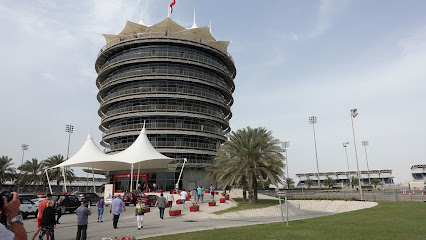
hajos ends
Discover the serene charm of Hajos Ends in Sanad, Bahrain, where nature and local culture beautifully intertwine for an unforgettable experience.
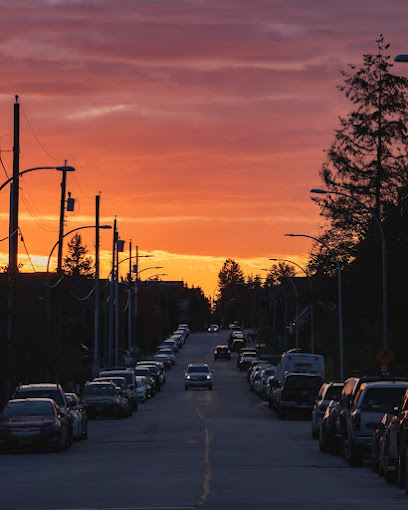
Clock Roundabout
Discover Riffa's iconic Clock Roundabout: A modern landmark blending Bahraini heritage, connecting you to the city's culture and vibrant life.
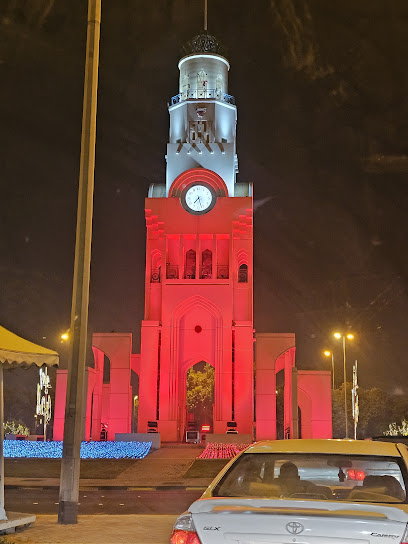
Saar Temple
Explore the captivating Saar Temple, a window into the ancient Dilmun civilization and Bahrain's rich history, dating back 4,000 years.
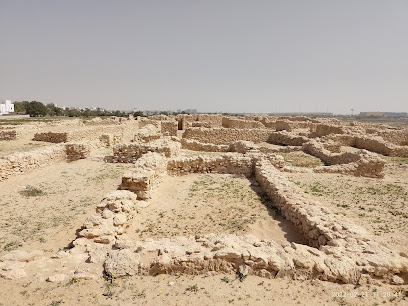
Essential places to dine
Alhateem restaurant
Discover the authentic taste of Bahrain at Alhateem Restaurant—where tradition meets flavor in every dish.
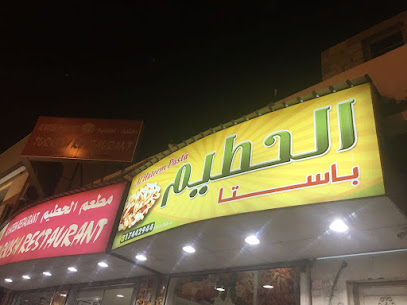
Fuddruckers- Zallaq
Experience mouthwatering gourmet burgers and a lively atmosphere at Fuddruckers in Zallaq – the ultimate dining destination for food lovers.
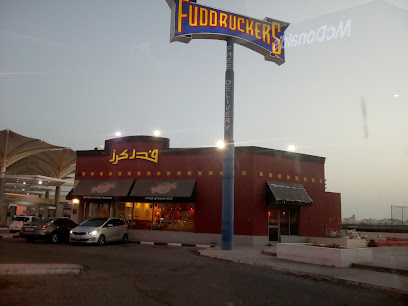
The Quarry
Experience exquisite dining paired with captivating live entertainment at The Quarry in Zallaq – where every meal is a celebration.

Sliders
Experience the best sliders in Bahrain at Sliders in Zallaq - where flavor meets hospitality amidst stunning coastal views.
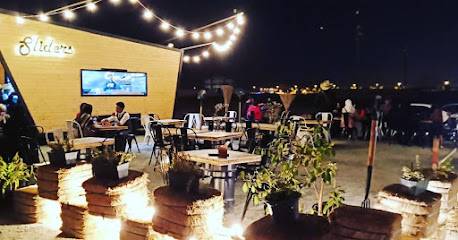
Al Judoor Restaurant
Discover authentic Indian cuisine at Al Judoor Restaurant in Zallaq - where every dish tells a story.
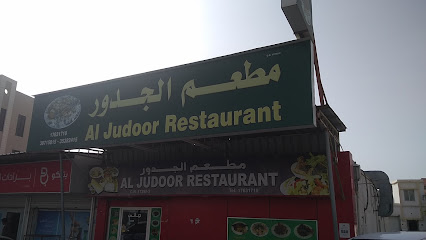
Mom and her Daughters Restaurant
Experience authentic barbecue flavors at Mom and Her Daughters Restaurant in Dar Kulaib – where delicious meals bring family together.
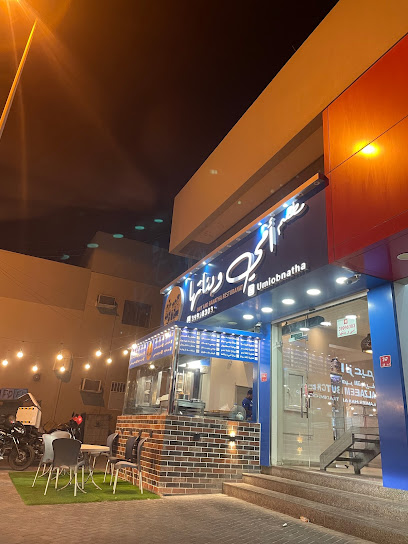
Marselia Restaurant
Discover exquisite flavors at Marselia Restaurant in Dar Kulaib - where local cuisine meets international culinary artistry.
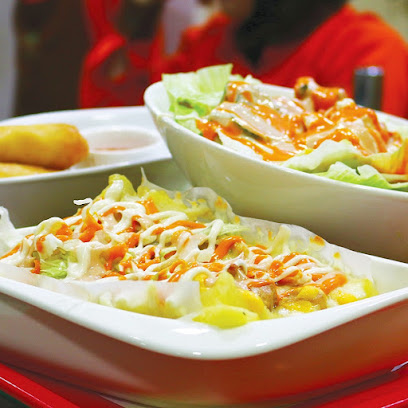
La casa Italian Pasta
Savor the essence of Italy at La Casa Italian Pasta in Dar Kulaib – where authentic flavors meet warm hospitality.
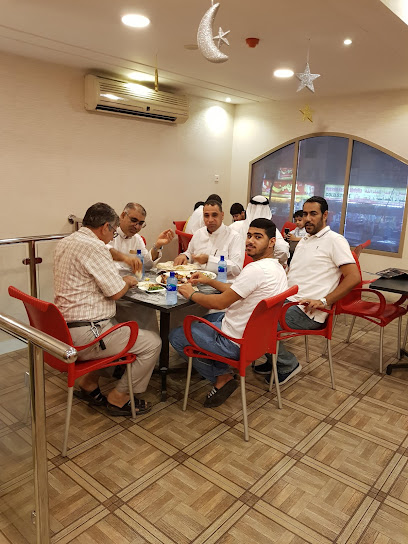
by Kojo - Zallaq
Discover the authentic flavors of Japan at by Kojo - Zallaq, where tradition meets modern Asian fusion in a family-friendly atmosphere.
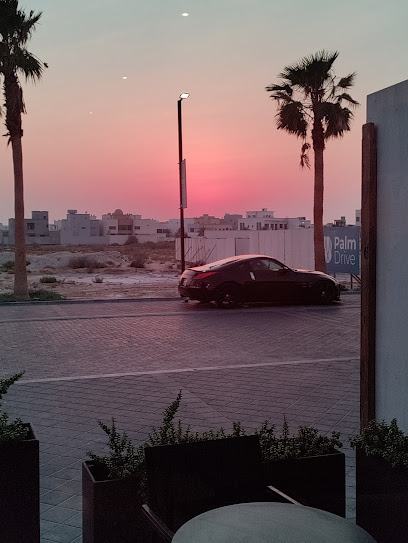
مطبخ ناريمان
Savor authentic Bahraini cuisine at مطبخ ناريمان in Hamad Town – a paradise for rice and seafood lovers.
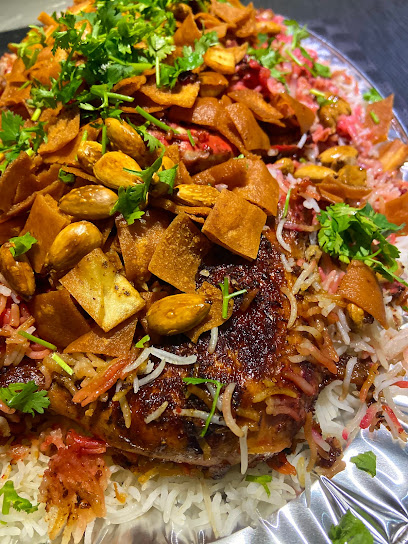
The sea loop
Experience exquisite seafood dining at The Sea Loop in Zallaq, where fresh flavors meet stunning coastal views.
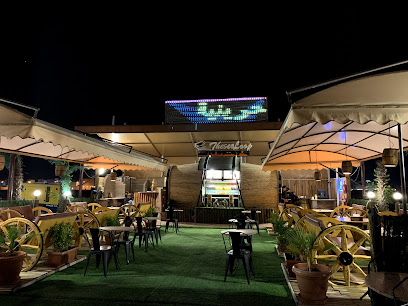
ABDUL HAI RESTAURANT
Experience the vibrant tastes of Pakistan at Abdul Hai Restaurant - where every dish tells a story.
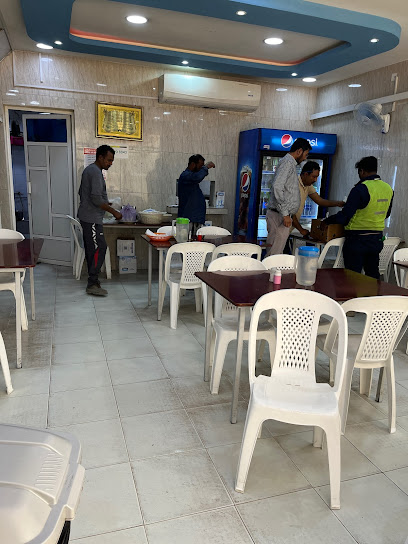
Saraya All Day Dining Restaurant
Experience exceptional dining at Saraya All Day Dining Restaurant in Manama—where local flavors meet international cuisine in an elegant setting.
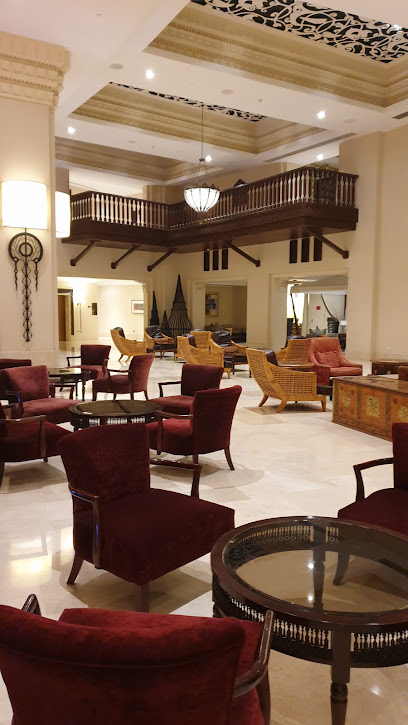
Darna Restaurant
Experience authentic Bahraini cuisine at Darna Restaurant in Hamad Town - a culinary delight blending local flavors with international favorites.

AL FARISI RESTAURANT مطعم الفارسي
Experience authentic Persian cuisine at Al Farisi Restaurant in Dar Kulaib—where every meal tells a story.
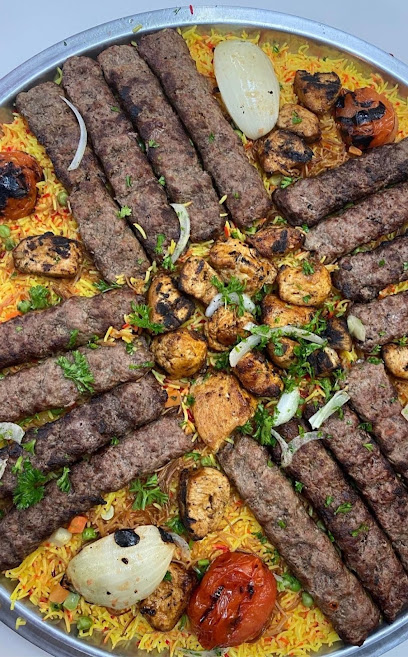
Markets, malls and hidden boutiques
Ajeeb Stores
Explore Ajeeb Stores in Karzakkan, your go-to destination for unique gifts, toys, and Bahraini souvenirs that capture the local essence.
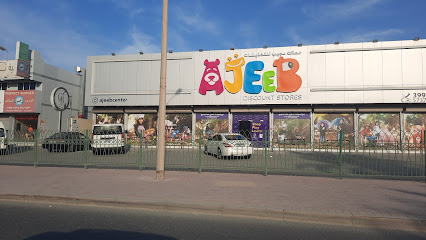
Al Kahrman
Discover Al Kahrman, your ultimate destination for exquisite leather goods and stylish fashion accessories in ضاحية السيف.
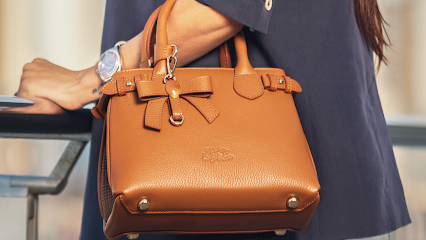
Unique home
Explore Unique Home in Malkiya for exquisite home goods and local decor that adds charm to your living space.
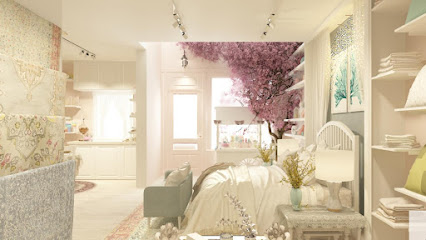
الوافي للمواشئ
Explore Wafi Supermarket in Al Mazrowiah for a unique shopping experience filled with fresh produce and local specialties.

EcoBrim
Explore EcoBrim in Ma'ameer, Bahrain for fresh organic produce and eco-friendly products that support sustainable living.
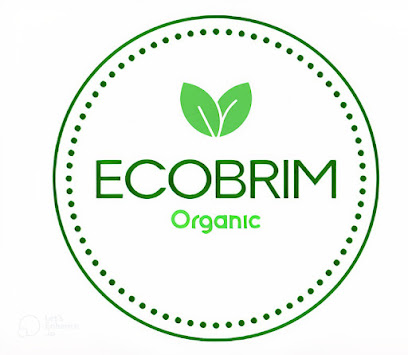
سيتي سنتر
Discover the best in women's fashion at سيتي سنتر, Al Mazrowiah's vibrant shopping destination for trendy styles and classic pieces.
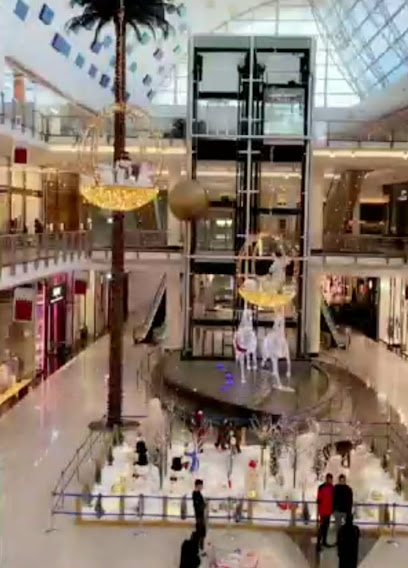
ابو حسن لبيع الحب الشمسي
Discover Abu Hassan, a vibrant shopping mall in Sitra Mahra, where local culture meets modern retail for an unforgettable experience.

The Exiles
Discover unique fashion pieces at The Exiles, a premier clothing store in Bahrain, blending local culture with contemporary style.

البحرين
Explore Bahrain's dynamic shopping scene, where modern malls meet traditional souks, offering an unforgettable retail experience infused with rich culture.

Emirates gift market
Explore the Emirates Gift Market in Al Mazrowiah for unique Bahraini souvenirs and authentic local crafts that capture the spirit of Bahrain.

LuLu
Experience the vibrant shopping atmosphere at LuLu in Al Mazrowiah, where diverse products meet local culture and unique finds await.

Pattern collection
Explore the latest trends and timeless styles at Pattern Collection, Alramli's go-to clothing store for fashion-forward shoppers.

BIC Welcome center
Discover the essence of Bahraini fashion and culture at the BIC Welcome Center, where style meets heritage in Zallaq.

Day to Day Cart Store
Explore the Day to Day Cart Store in Jannusan for unbeatable deals on everyday essentials and unique local souvenirs.

V-Max lighting
Discover the ultimate lighting solutions at V-Max Lighting in Bahrain – where style meets functionality for every space.
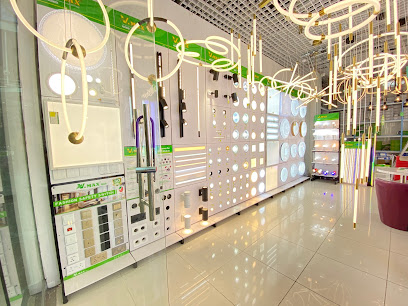
Essential bars & hidden hideouts
LNT Lounge
Discover the vibrant atmosphere and exquisite Indian cuisine at LNT Lounge in the heart of Manama, Bahrain's premier lounge and nightlife destination.
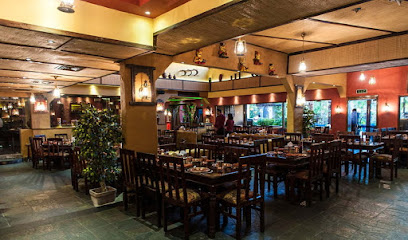
The Quarry
Experience the best of Bahraini culture at The Quarry, where delightful cuisine meets captivating performances in a cozy atmosphere.
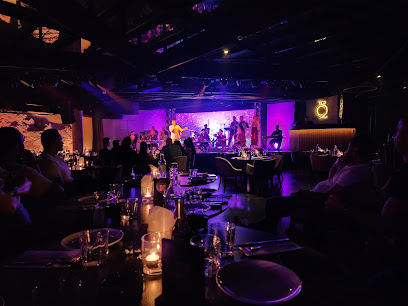
Grand Yard House Bahrain
Experience the thrill of live sports and delicious cuisine at Grand Yard House Bahrain, your go-to sports bar in Manama's vibrant Juffair district.
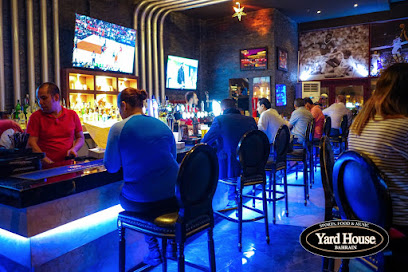
Club Rocky’s Bahrain
Discover the vibrant nightlife at Club Rocky’s Bahrain, a popular pub in Manama's Al Juffair district offering a lively atmosphere and extensive drink options.
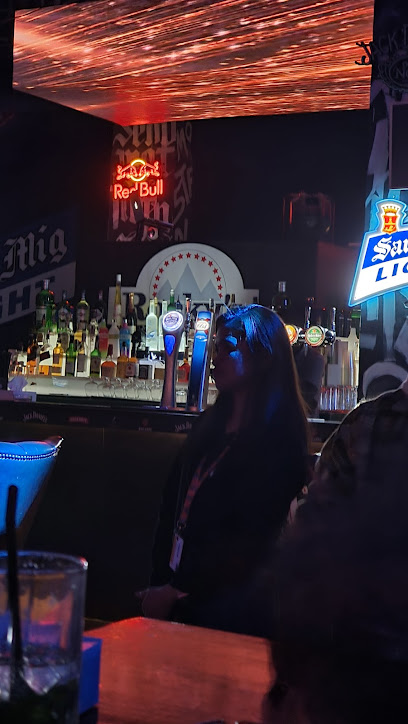
Fiddlers Green Irish Pub
Discover Fiddlers Green Irish Pub in Bahrain, where traditional Irish hospitality meets vibrant nightlife in a cozy setting.
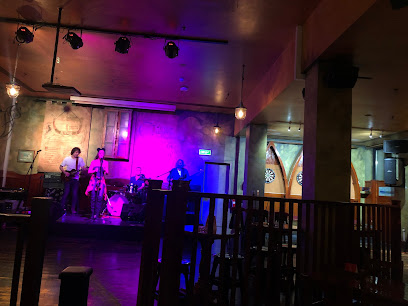
Retro Lounge Bahrain
Discover the vibrant Retro Lounge Bahrain, a lively spot for American cuisine, cocktails, and live music in the heart of Manama's nightlife.
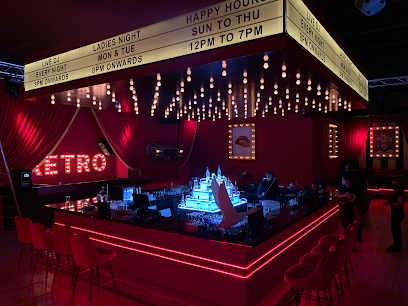
1664 BAR at Gulf Inn Seef
Discover the vibrant atmosphere and diverse drink selection at 1664 BAR in Gulf Inn Seef, your go-to spot for nightlife in Bahrain.
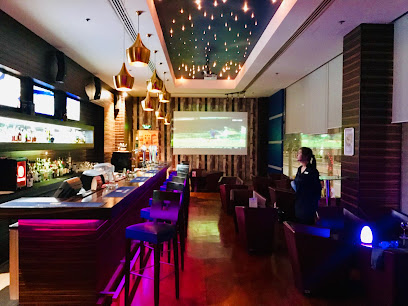
Red house bar
Experience the vibrant nightlife of Manama at Red House Bar, where lively music, diverse drinks, and a welcoming atmosphere await.
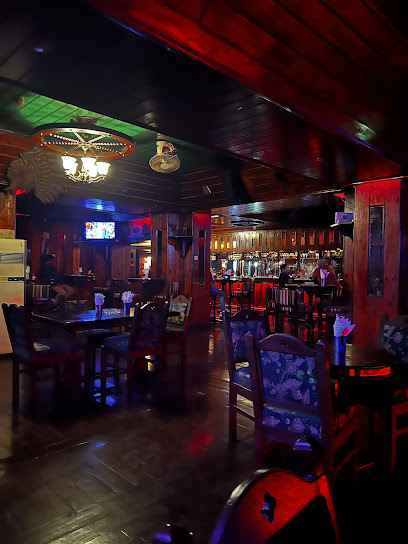
ديوآنية الچلوة
Discover the lively atmosphere of ديوآنية الچلوة, a top bar in Sadad where locals and tourists mingle over refreshing drinks and good vibes.
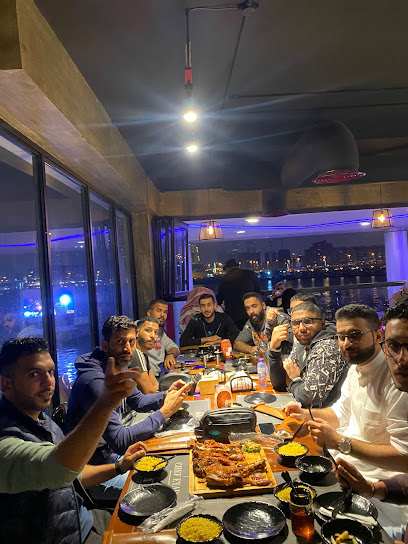
25:50 Bar بار
Experience the vibrant nightlife of Bahrain at 25:50 Bar, where exquisite cocktails and a chic atmosphere await.
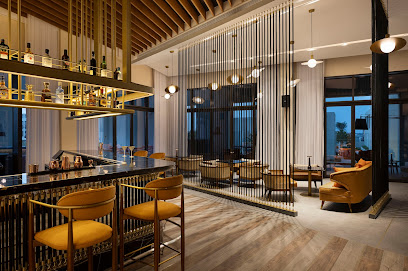
Hazel
Discover Hazel, the cozy bar in Zallaq offering a diverse drink menu and a friendly atmosphere for a memorable evening.
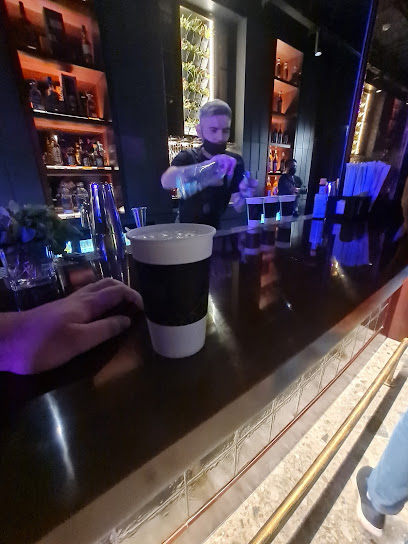
Home
Discover the vibrant bar scene in Hamad Town, where excellent drinks and a lively atmosphere await you.

dfgdf
Experience the vibrant bar scene of Dfgdfg, with unique drinks, live music, and an atmosphere that captures the essence of this lively destination.

ذا ويكند
Discover the vibrant nightlife of Manama at ذا ويكند, a lively bar in Qudaibiya perfect for relaxation and socializing with friends.

Rooftop View Bahrain
Discover breathtaking views and exquisite dining at Rooftop View Bahrain, where culinary delights meet stunning Gulf vistas.
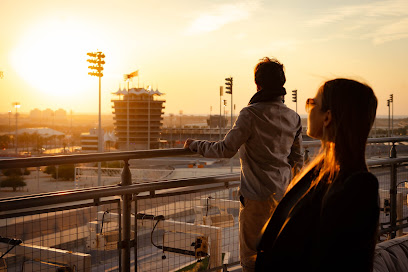
Local Phrases about Jebel Dukhan
-
- Helloمرحبا
[Marhaba] - Goodbyeوداعا
[Wada'an] - Yesنعم
[Na'am] - Noلا
[La] - Please/You're welcomeمن فضلك
[Min fadlik] - Thank youشكرا
[Shukran] - Excuse me/Sorryعذرا
[A'ithir] - How are you?كيف حالك؟
[Kayf halak?] - Fine. And you?بخير. وأنت؟
[Bikhayr. Wa anta?] - Do you speak English?هل تتحدث الإنجليزية؟
[Hal tatahadath alIngilizia?] - I don't understandأنا لا أفهم
[Ana la afham]
- Helloمرحبا
-
- I'd like to see the menu, pleaseأود أن أرى القائمة، من فضلك
[Awd an ara alqaimah, min fadlik] - I don't eat meatأنا لا آكل اللحم
[Ana la akl allahm] - Cheers!في صحتك!
[Fi sahtak!] - I would like to pay, pleaseأود أن أدفع، من فضلك
[Awd an adfa', min fadlik]
- I'd like to see the menu, pleaseأود أن أرى القائمة، من فضلك
-
- Help!النجدة!
[Alnajdah!] - Go away!انصرف!
[Ansaarf!] - Call the Police!اتصل بالشرطة!
[Etisal bilshurtah!] - Call a doctor!اتصل بطبيب!
[Etisal batabib!] - I'm lostضاعت الطريق
[Da'at altariq] - I'm illأنا مريض
[Ana mareed]
- Help!النجدة!
-
- I'd like to buy...أريد أن أشتري...
[Aridu an ashtari...] - I'm just lookingأنا فقط أتفرج
[Ana faqat atfarij] - How much is it?بكم؟
[Bikam?] - That's too expensiveهذا غالي جدا
[Hatha ghali jiddan] - Can you lower the price?هل يمكنك خفض السعر؟
[Hal yumkinuk khafd alsi'r?]
- I'd like to buy...أريد أن أشتري...
-
- What time is it?كم الساعة؟
[Kam alsaa'ah?] - It's one o'clockالساعة الواحدة
[Alsaa'ah alwahidah] - Half past (10)العاشرة والنصف
[Al'ashrah walnisf] - Morningالصباح
[Alsubah] - Afternoonالظهيرة
[Adhuhirah] - Eveningالمساء
[Almasa'] - Yesterdayأمس
[Ams] - Todayاليوم
[Alyawm] - Tomorrowغدا
[Ghadan] - 1واحد
[Wahid] - 2اثنان
[Ithnan] - 3ثلاثة
[Thalathah] - 4أربعة
[Arba'ah] - 5خمسة
[Khamsah] - 6ستة
[Sitah] - 7سبعة
[Sab'ah] - 8ثمانية
[Thamania] - 9تسعة
[Tis'ah] - 10عشرة
[Asharah]
- What time is it?كم الساعة؟
-
- Where's a/the...?أين ...؟
[Ayna ...?] - What's the address?ما هو العنوان؟
[Ma huwa al'anaan?] - Can you show me (on the map)?هل يمكنك أن تريني (على الخريطة)؟
[Hal yumkinuk an tureeni (ala alkharitah)?] - When's the next (bus)?متى يأتي الحافلة القادمة؟
[Mata ya'ti alhaafilah alqadimah?] - A ticket (to ....)تذكرة (إلى ...)
[Tadhkirah (ila ...)]
- Where's a/the...?أين ...؟
History of Jebel Dukhan
-
Jebel Dukhan, also known as the 'Mountain of Smoke,' is the highest point in Bahrain, standing at approximately 134 meters. This limestone hill is located in the central part of the island and has been a significant landmark throughout Bahrain’s history. Its name is derived from the misty haze that often surrounds it, giving it a mystical appearance.
-
Jebel Dukhan is geologically significant due to its composition and formation. The hill is primarily made up of limestone, which dates back to the Eocene epoch, around 56 to 33.9 million years ago. The area is rich in fossilized remains, providing critical insights into the prehistoric marine environment that once existed here.
-
Archaeological evidence suggests that the area around Jebel Dukhan has been inhabited since ancient times. Various artifacts, including flint tools and pottery shards, have been discovered, indicating that early human settlers utilized the resources of the land. These findings contribute to the understanding of Bahrain’s prehistoric culture and lifestyle.
-
Jebel Dukhan is closely associated with the ancient Dilmun civilization, which thrived in Bahrain around 3000 BCE. The Dilmunites considered the mountain a sacred site. According to Sumerian mythology, Dilmun was a paradise on earth, and Jebel Dukhan was believed to be a part of this sacred landscape.
-
In 1932, Bahrain became the first country in the Arabian Gulf to discover oil, and Jebel Dukhan played a pivotal role in this transformative event. The Bahrain Petroleum Company (BAPCO) drilled the first successful oil well near the mountain, marking the beginning of the modern era for Bahrain’s economy and development.
-
During World War II, Jebel Dukhan gained strategic importance due to its elevated position. It was used as a lookout point to monitor naval activities in the Gulf. The mountain’s vantage point provided crucial intelligence and security for Allied forces stationed in the region.
-
Jebel Dukhan holds cultural significance for the people of Bahrain. It is a popular site for local folklore and legends. Traditional stories often depict the mountain as a place of mystery and reverence, deeply embedded in the cultural heritage of the island.
-
Today, Jebel Dukhan remains a popular destination for tourists and locals alike. Its trails offer hiking opportunities, and the summit provides panoramic views of Bahrain’s landscape. The area around the mountain is also frequented for picnics and outdoor activities, making it a cherished natural and recreational spot.
Jebel Dukhan Essentials
-
Jebel Dukhan is located in the Southern Governorate of Bahrain. The nearest airport is Bahrain International Airport (BAH) in Manama, approximately 45 kilometers away. From the airport, you can take a taxi or rent a car to reach Jebel Dukhan. The drive takes around 40-50 minutes. There are also bus services with routes that pass near Jebel Dukhan, though they may require transfers.
-
While Jebel Dukhan itself is best explored by car, you can use taxis or ride-hailing services like Uber and Careem for transportation. Public buses are available but can be infrequent and may not cover all areas. Renting a car is a convenient option and allows you to explore the region at your own pace. Note that driving is on the right-hand side of the road in Bahrain.
-
The official currency of Bahrain is the Bahraini Dinar (BHD). Credit cards are widely accepted in hotels, restaurants, and shops. However, it is advisable to carry some cash for smaller establishments or markets. ATMs are available in nearby towns and cities, including Manama. Currency exchange services are also available at the airport and major hotels.
-
Jebel Dukhan and its surrounding areas are generally safe for tourists. However, it is always wise to take standard precautions: avoid walking alone at night in isolated areas, keep your belongings secure, and be aware of your surroundings. There are no specific high-crime areas targeting tourists, but it is advisable to stay vigilant.
-
In case of an emergency, dial 999 for immediate assistance. The nearest medical facilities are in Manama, where you will find hospitals and clinics. It is recommended to have travel insurance that covers medical emergencies. For minor health issues, pharmacies are available in nearby towns where you can purchase over-the-counter medications.
-
Fashion: Do dress modestly, especially in public and religious sites. Avoid wearing revealing clothing. Religion: Do respect local customs and traditions. When visiting mosques, women should cover their heads, and everyone should remove their shoes. Public Transport: Do be respectful and courteous. Don't eat or drink on public transport. Greetings: Do greet people with a handshake. A slight nod or a traditional Arabic greeting is also appropriate. Eating & Drinking: Do try local Bahraini delicacies and accept food offerings graciously. Don’t refuse hospitality, as it is considered impolite.
-
To experience Jebel Dukhan like a local, visit the local markets and interact with residents. Engage in conversations about the area’s history and culture. Don't miss the opportunity to hike up the mountain for a stunning view of the island. Visiting during the early morning or late afternoon offers the best experience, as temperatures are cooler.
Trending Landmarks in Jebel Dukhan
-
Dohat Arad Park
-
Bahrain Fort
-
Sheikh Salman bin Ahmed Fort
-
Juffair Beach
-
Qala't Bu Mahir
-
Dragon Rocks
-
Jabal ad Dukhan
-
Bin Matar House
-
Sheikh Ahmed bin Ali Al Khalifa Historical Palace
-
Sail Monument
-
Archaeologies of Green Pavilion
-
Sar Burial Complex
-
Fresh Water Springs in the Middle of the Sea
-
Pearling Pathway Visitor Center 1- BuMaher Fort
-
I love Manama Sign
Nearby Cities to Jebel Dukhan
-
Things To Do in Riffa
-
Things To Do in Isa Town
-
Things To Do in Sitra
-
Things To Do in Saar
-
Things To Do in Juffair
-
Things To Do in Manama
-
Things To Do in Budaiya
-
Things To Do in Muharraq
-
Things To Do in Amwaj Islands
-
Things To Do in Al Khobar
-
Things To Do in Dammam
-
Things To Do in Al Shamal
-
Things To Do in Al Sheehaniya
-
Things To Do in Al Khor
-
Things To Do in Al Daayen






